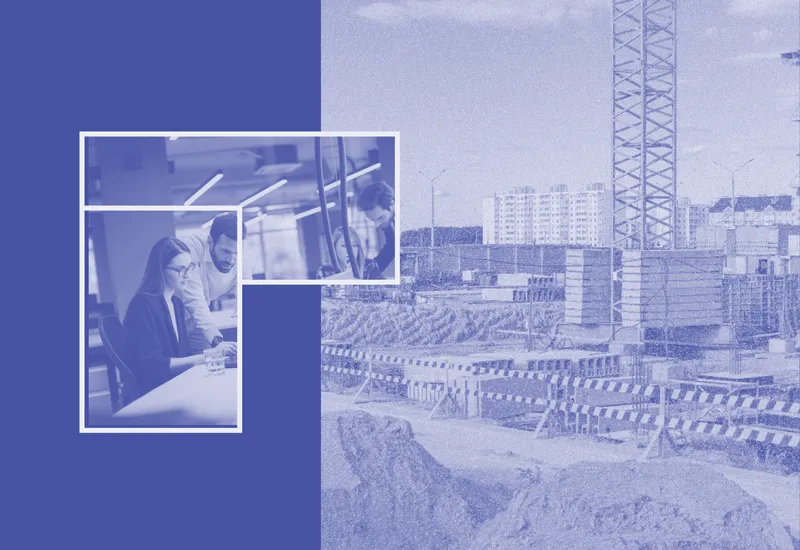Real Estate Project Managers Need These 3 Things to Succeed

In busy development firms, real estate project managers often deal with large portfolios of complex projects. Succeeding in the field requires more than just industry knowledge—it demands specific skills and tools that can make the difference between project success and failure. Here are the three essential elements that every real estate project manager needs to thrive.
1. The Ability to Prioritize Tasks
Real estate projects involve numerous moving parts, multiple stakeholders, and competing deadlines. The ability to effectively prioritize tasks is crucial for maintaining project momentum and ensuring critical milestones are met. Successful project managers excel at identifying mission-critical tasks versus nice-to-haves. It’s not easy when there are competing priorities, but it helps to manage stakeholder expectations from the beginning.
Great project managers are skilled at balancing immediate needs with long-term project goals and adapting priorities as circumstances change. Construction projects rarely go to plan, so flexibility is key.
2. A Proactive Mindset
The number one goal in real estate development is staying on time and on budget. It’s only possible with proactive project management.
Reactive management can lead to costly delays and missed opportunities. Of course, it’s impossible to anticipate every issue, but identifying risks early on gives real estate project managers a better chance at resolving issues before they escalate.
Real estate project managers typically use spreadsheets to manage their contingency reserves and project budgets. Despite being common practice, using Excel for development projects isn’t always conducive to construction. The pain of constantly updating spreadsheets and wondering which is the most recent version drains developers’ time—in fact, 75% of developers believe the right technology could help them manage their budgets better than Excel. This brings us to the third thing real estate project managers need to succeed—the right tools and technology.
3. A Great Tech Stack
Modern real estate development demands new digital tools. Project managers need specialized software built for the development industry to do their jobs effectively. It takes more than spreadsheets to get the job done—software built for commercial real estate helps developers centralize all their project information for easy budget tracking and reporting. Putting together a draw request, communicating with lenders, and providing updates to stakeholders typically only takes a few minutes in commercial real estate software.
Real estate project managers who use specialized software report fewer manual tasks and a faster draw process; some say their draw processes are 75% faster than in Excel! Instead of being stuck in the office, forward-looking real estate developers spend more time on-site.
By mastering these three essential elements, real estate project managers can significantly improve their project outcomes and career success. Talk to us if you want to learn more about using CRE software in your project management.











